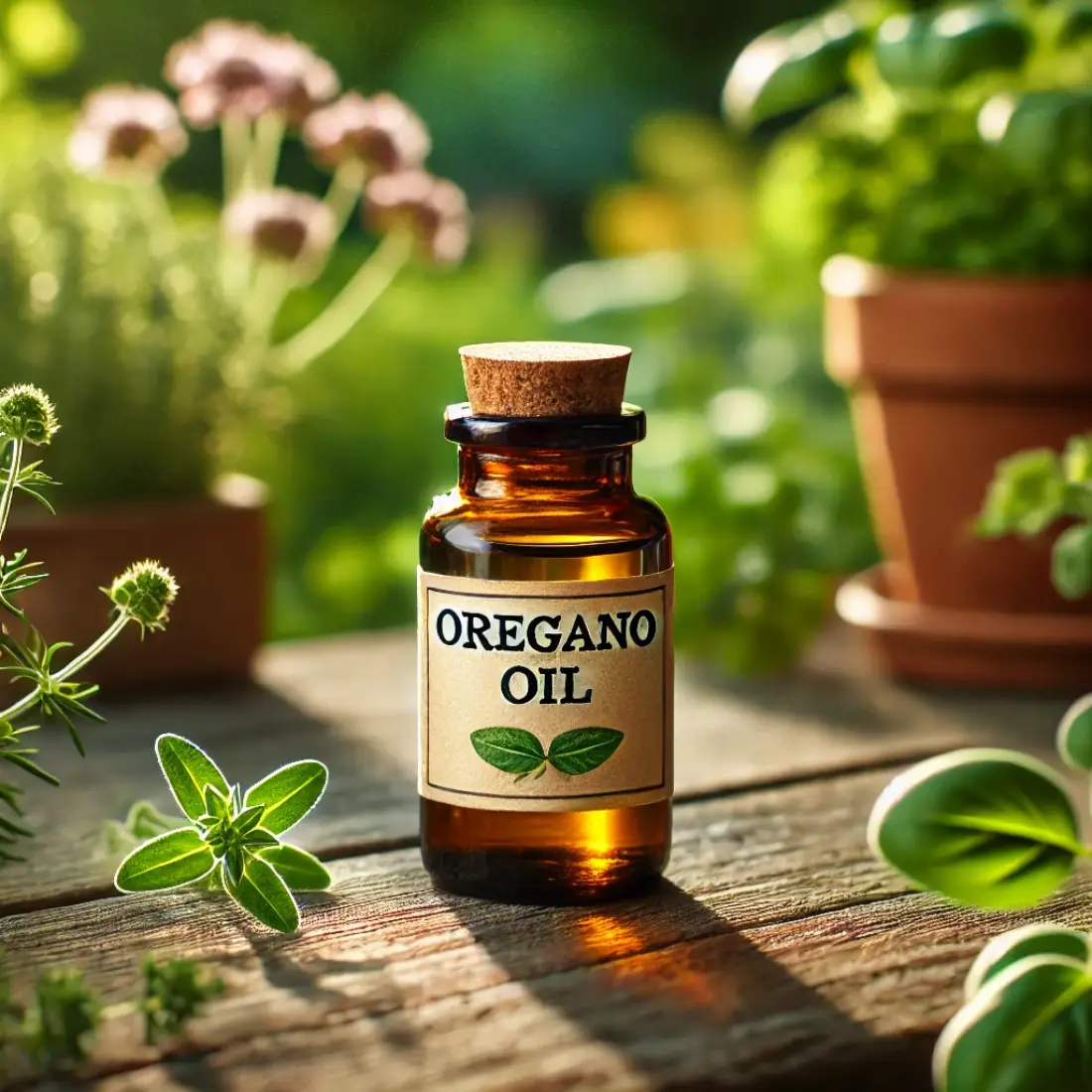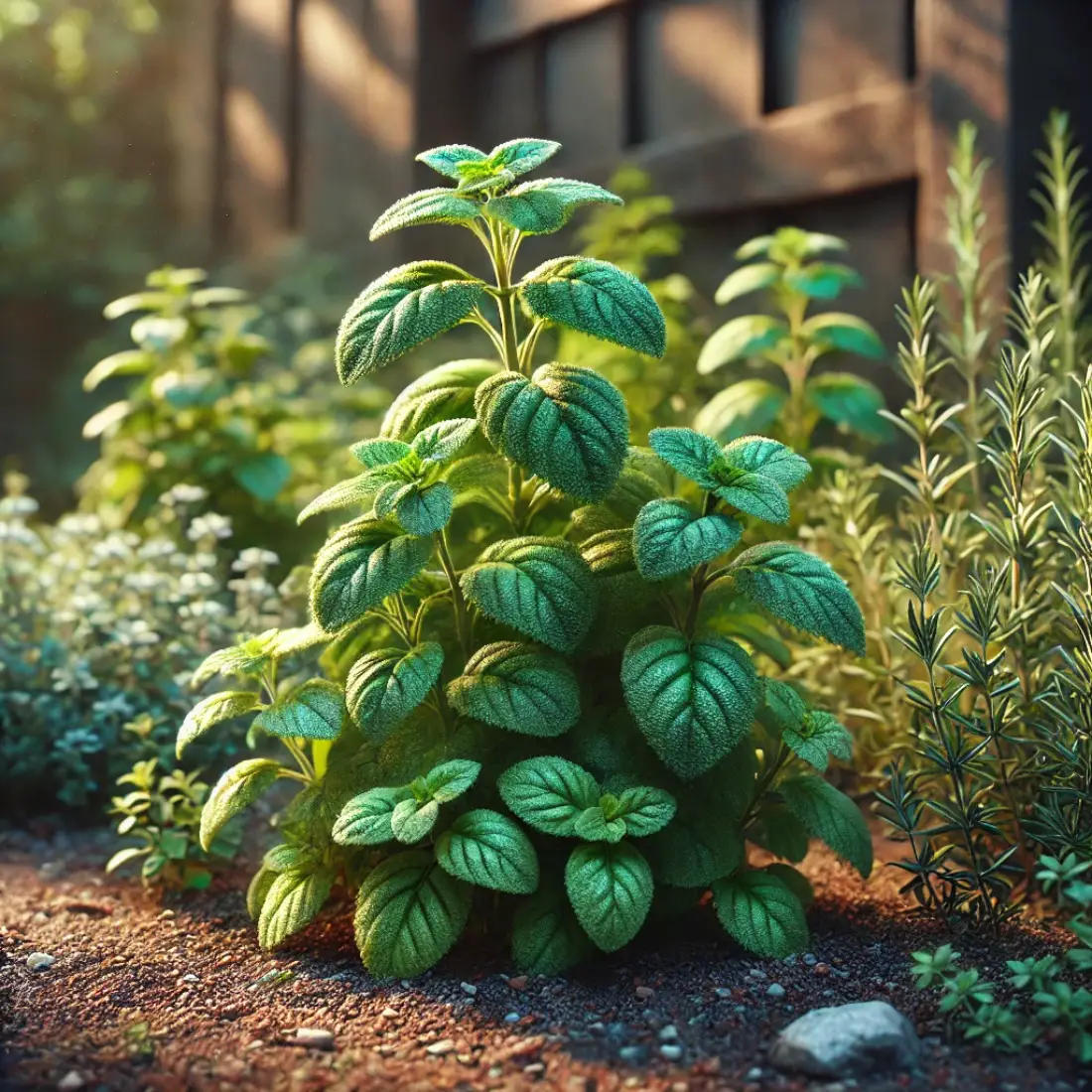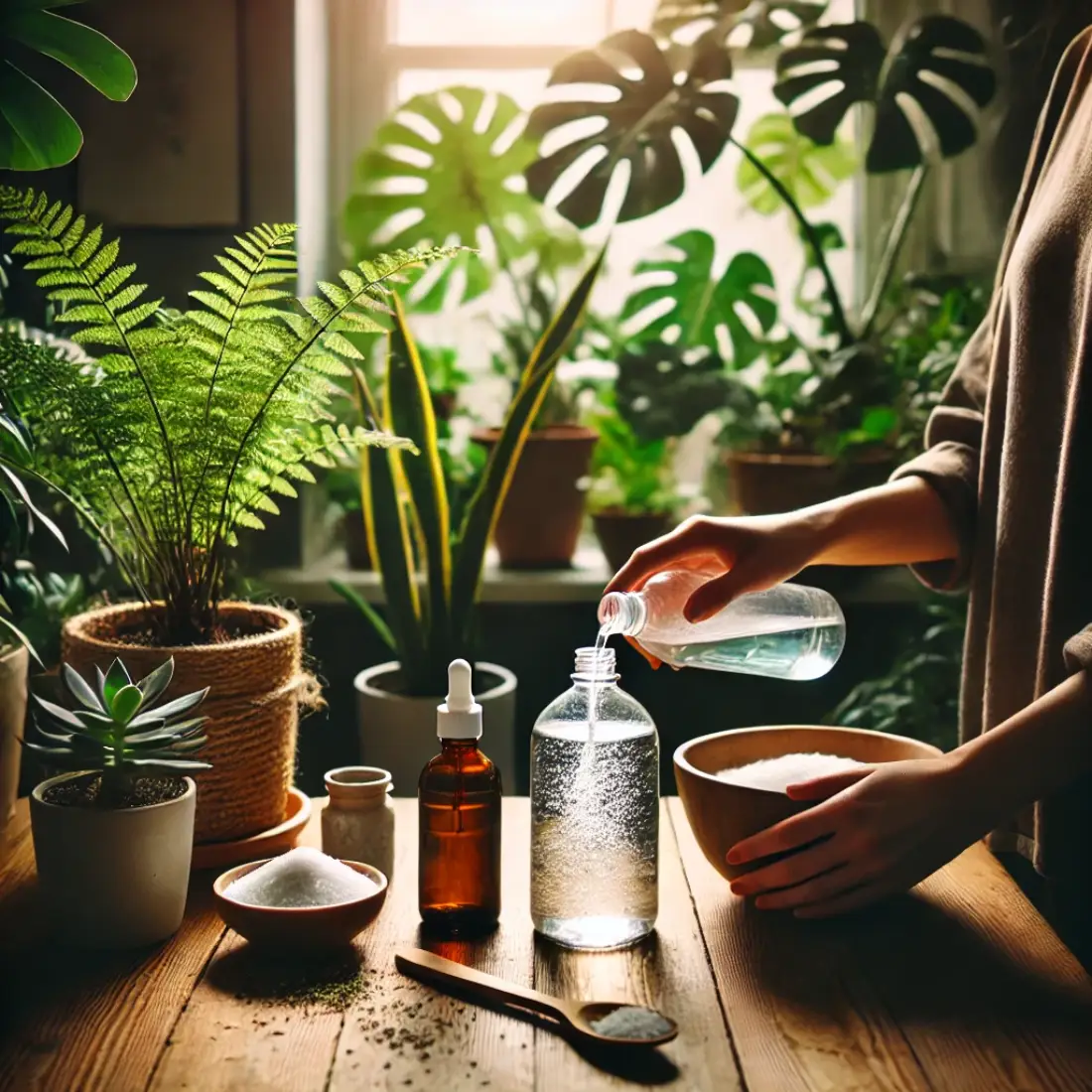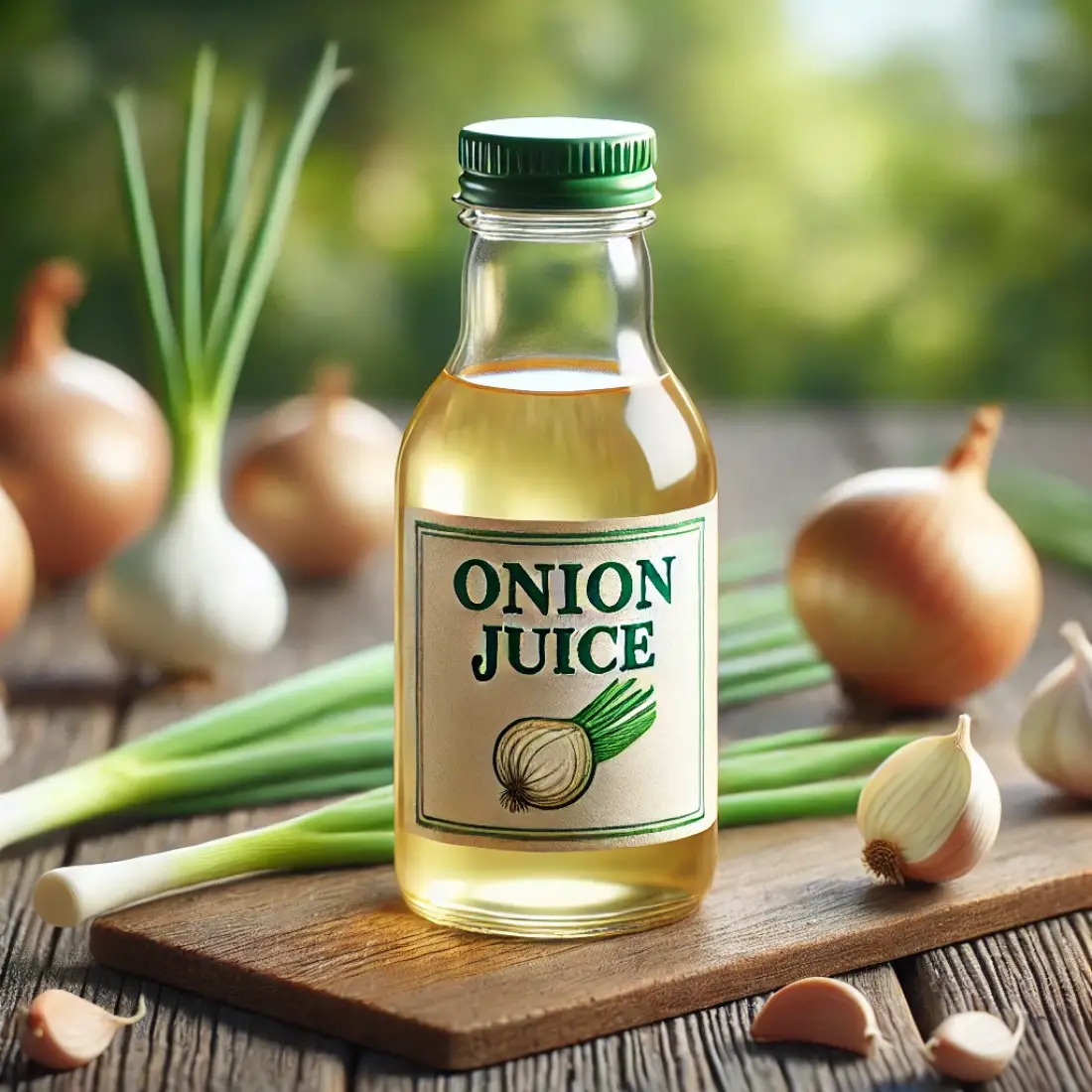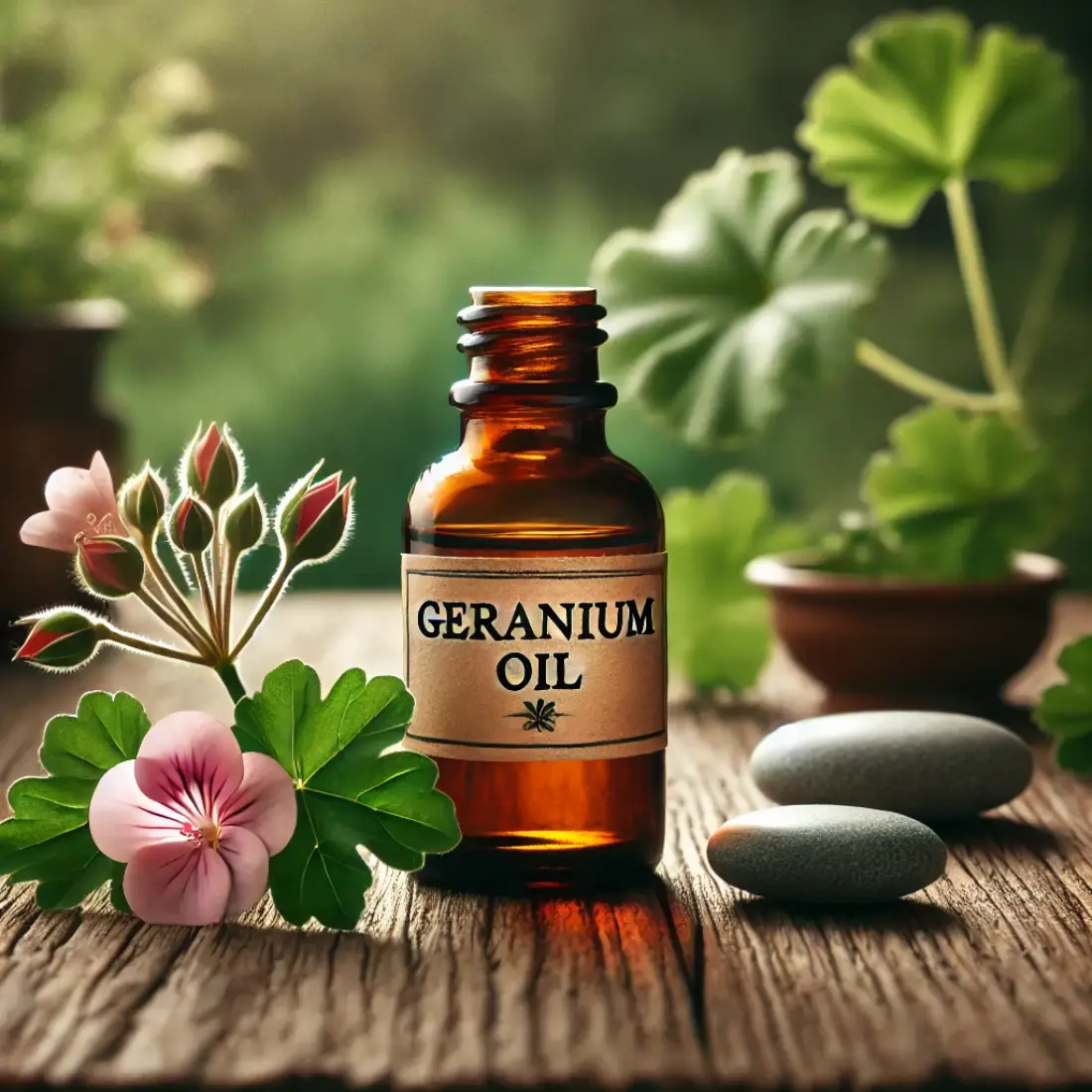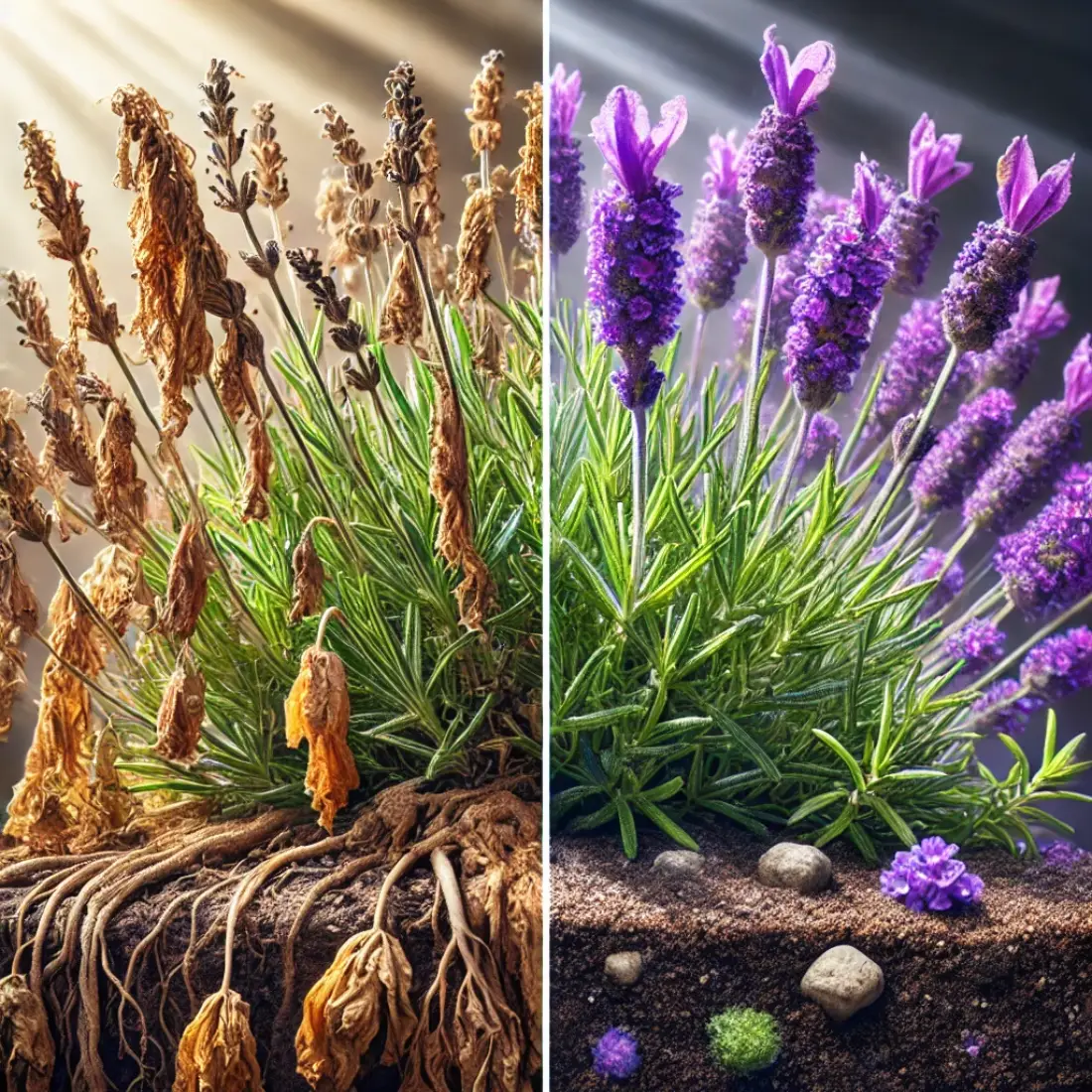Oregano oil has become a popular natural remedy in organic gardening due to its powerful antibacterial, antifungal, and insect-repellent properties. Derived from the oregano plant, this essential oil is an eco-friendly alternative to chemical pesticides, helping to protect plants from pests and diseases.
Its strong scent and active compounds, like carvacrol, make it effective at keeping common garden pests at bay while boosting plant health. For gardeners seeking sustainable solutions, oregano oil offers a versatile, natural method to maintain a healthy, thriving garden without harming the environment.
- Oregano oil is a natural alternative to chemical pesticides.
- It can help repel pests, prevent plant diseases, and boost overall plant health.
- Sustainable gardening solution due to its organic properties.
How to Use Oregano Oil
Oregano oil is a versatile, natural tool for gardening that can repel pests, prevent fungal diseases, and boost overall plant health. Here’s a comprehensive guide on how to effectively use oregano oil in your garden:
Creating an Oregano Oil Spray
One of the most common ways to use oregano oil in the garden is by making a DIY spray. This solution acts as a natural pesticide and antifungal treatment for your plants.
Ingredients:
- 10–15 drops of oregano oil (organic if possible)
- 1 liter of water
- 1–2 teaspoons of mild dish soap or vegetable oil (optional)
Instructions:
- Dilute the Oregano Oil: Add 10–15 drops of oregano oil into a liter of water. Dilution is essential, as pure oregano oil is too strong and may harm plants.
- Add an Emulsifier: Mix in a teaspoon of mild dish soap or vegetable oil. This helps the oil stick to the leaves of your plants and spread evenly.
- Shake Well: Shake the solution vigorously before each use to ensure the oil and water are properly combined.
This oregano oil spray can be used as an all-natural pesticide and antifungal treatment for your plants.
Application Techniques
When to Spray:
- Morning or evening: Spray in the early morning or late evening to prevent rapid evaporation and to avoid the sun burning the treated plants.
- After rain: Apply oregano oil after it rains, as moisture can dilute the effect of previous applications.
How Often to Apply:
- For general pest control and plant health, apply the oregano oil spray every two weeks.
- In the case of a pest outbreak or fungal disease, increase the frequency to once a week until the problem subsides.
Where to Spray:
- Focus on spraying the undersides of leaves where pests like to hide and reproduce.
- Ensure full coverage of plants, but avoid over-saturating them.
Oregano Oil for Soil Health
Oregano oil can also be beneficial for soil health. Its antimicrobial properties can help to balance soil bacteria, which in turn promotes healthy plant roots.
How to Use Oregano Oil in Soil:
- Create a Soil Drench: Mix 10 drops of oregano oil into 1 liter of water.
- Apply to Soil: Pour this solution directly into the soil around the base of your plants.
- Benefits: This practice can help eliminate harmful bacteria and fungi in the soil while promoting beneficial microbes.
Apply this soil drench once a month to keep soil healthy and to boost plant immunity.
Controlling Pests with Oregano Oil
Oregano oil is highly effective at repelling common garden pests. Here’s a list of some pests it can keep away:
- Aphids
- Spider mites
- Beetles
- Ants
- Caterpillars
For best results, spray oregano oil directly onto areas affected by these pests. You can also use the oil as a preventative treatment by applying it before any pests appear.
How Oregano Oil Works:
- The strong scent of oregano oil confuses pests and interferes with their ability to feed and breed on your plants.
- The oil’s active compounds, carvacrol and thymol, have insecticidal properties that help kill or repel these invaders.
Using Oregano Oil to Prevent Fungal Diseases
Fungal diseases like powdery mildew, root rot, and blight can severely damage plants. Oregano oil, with its antifungal properties, is an excellent solution for preventing these issues.
- Prepare a Spray: Use the same oregano oil spray (10–15 drops of oregano oil in 1 liter of water) as described earlier.
- Spray Affected Areas: Apply the spray to areas prone to fungal infections, such as leaves and stems.
- Use Regularly: For ongoing protection, spray once every two weeks or more frequently if signs of fungal growth appear.
By using oregano oil, you can naturally protect your plants from fungal diseases without the need for harmful chemical fungicides.
Extra Tips for Oregano Oil Usage
- Test First: Always test your oregano oil spray on a small portion of your plant before spraying it everywhere. Some plants may be more sensitive and could show signs of burning.
- Store Properly: Store your oregano oil mixture in a cool, dark place to maintain its potency.
- Use Caution: While oregano oil is natural, it is still powerful. Keep it away from pets and children.
Additional Uses of Oregano Oil in Gardening
Beyond pest control and disease prevention, oregano oil offers several other valuable uses for gardeners looking to maintain a healthy and sustainable garden environment.
Oregano Oil for Composting
Oregano oil can enhance your compost by helping to break down organic matter while keeping harmful bacteria and fungi in check. Its antibacterial and antifungal properties reduce unwanted pathogens that can slow the composting process or introduce diseases to your plants.
- Add 5–10 drops of oregano oil to your compost bin or pile.
- Mix it in thoroughly to ensure even distribution.
- The oil will help balance the microbial ecosystem in the compost, promoting faster decomposition and richer compost for your plants.
Oregano Oil as a Garden Tool Disinfectant
Garden tools can easily spread diseases between plants, but oregano oil is a natural disinfectant that can help prevent this.
- Mix 10–15 drops of oregano oil with 1 liter of water.
- Use a cloth or spray bottle to apply the solution to your tools.
- Wipe down shovels, pruners, and other gardening tools to eliminate harmful bacteria and fungi before and after use.
Regularly disinfecting tools with oregano oil helps to maintain a healthier garden environment and prevents the unintentional spread of plant diseases.
Oregano Oil for Plant Containers
If you’re growing plants in pots or containers, oregano oil can help keep the environment free from mold and harmful microorganisms that can harm roots.
- Simply wipe down the insides of containers with a diluted oregano oil solution before planting.
- This ensures a clean, mold-resistant space for plant growth.
Safety Tips When Using Oregano Oil in Gardening
While oregano oil is a powerful natural solution for gardening, it must be used correctly to avoid harming plants or the environment.
Dilution is Key: Oregano oil is highly concentrated and can be too strong for direct application on plants. Always dilute oregano oil properly. Use 10–15 drops of oregano oil in 1 liter of water to avoid leaf burn or damage.
Sensitive Plants: Some plants are more sensitive to essential oils than others. Delicate herbs like basil or cilantro may react poorly to oregano oil sprays. Always test a small area of the plant before applying the oil across your entire garden.
Avoid Over-application: Overuse of oregano oil can disrupt the balance of beneficial insects and microorganisms in your garden. Stick to recommended usage intervals—apply once every two weeks or after rainfall, unless dealing with a major pest issue.
Wear Protective Gear: When handling concentrated oregano oil, use gloves to avoid skin irritation. The oil’s potent compounds can cause discomfort if they come into direct contact with skin or eyes.
FAQs About Oregano Oil in Gardening
What pests does oregano oil repel?
Oregano oil repels common garden pests such as aphids, spider mites, beetles, ants, and caterpillars due to its strong scent and insecticidal properties.
Can oregano oil harm my plants?
If used improperly, oregano oil can harm plants. Always dilute oregano oil (10–15 drops per 1 liter of water) to avoid damaging the plant’s leaves or roots, especially with delicate plants like basil.
How often should I apply oregano oil in my garden?
For general use, apply oregano oil spray once every two weeks. In the case of pest or disease outbreaks, increase applications to once a week until the problem is resolved.
Can I use oregano oil on all plants?
While oregano oil is safe for most plants, it may cause irritation or damage to more sensitive plants like basil, cilantro, or lettuce. Always test on a small area first.
How does oregano oil prevent fungal diseases?
Oregano oil contains antifungal compounds like carvacrol and thymol, which help prevent fungal diseases like powdery mildew and root rot by inhibiting fungal growth.
Can oregano oil improve soil health?
Yes, oregano oil can improve soil health by balancing harmful bacteria and fungi, promoting healthy soil conditions. Use it as a soil drench (10 drops per liter of water) once a month.
Is oregano oil safe for organic gardening?
Yes, oregano oil is a natural and eco-friendly solution, making it an ideal choice for organic gardening. It avoids the use of harmful chemicals while still offering protection against pests and diseases.
Can oregano oil be mixed with other essential oils for gardening?
Yes, oregano oil can be mixed with other essential oils like neem oil or tea tree oil to create a broader natural pest control spray. Just be sure to dilute the mixture properly to avoid plant damage.
How long does oregano oil spray last on plants?
The effectiveness of oregano oil spray can last about one to two weeks, depending on weather conditions. Rain or heavy watering may wash the oil off, requiring reapplication.
Can I use oregano oil for indoor plants?
Yes, oregano oil can be used for indoor plants as long as it is properly diluted. Be mindful of the strong smell and ensure proper ventilation when spraying indoors.

